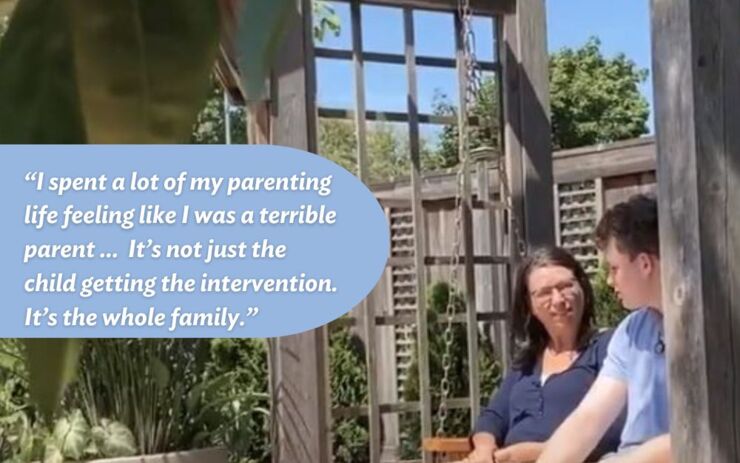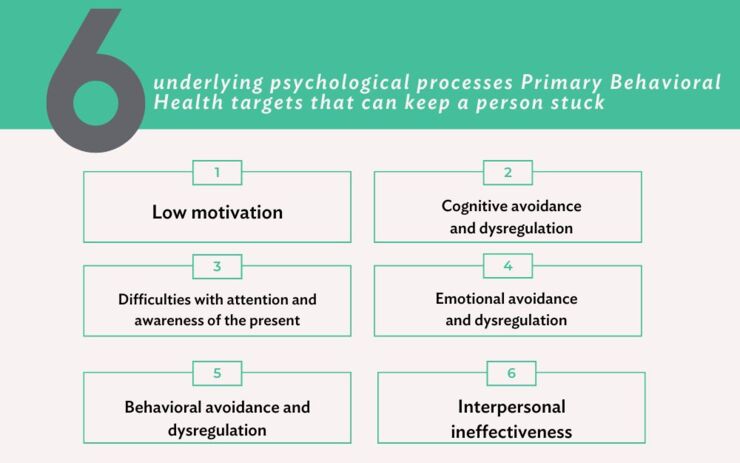Rogers InHealth Efforts Recognized by Healthcare Business Insights
Posted on 08/09/16 04:44:pmIn a recent article published by Healthcare Business Insights(link is external)(HBI), Rogers InHealth(link is external) was acknowledged for its efforts reducing mental health stigma, prioritizing the voice of lived experience and improving quality of care through an evidence-based model.
“It was an honor for Rogers InHealth to receive recognition from HBI, considering their reputation for spreading best practice research and implementation resources across the healthcare industry,” said Suzette Urbashich, co-director of Rogers InHealth. “It’s a sign that we’ve been using an effective method to help people improve their outlook on mental health and eliminate the shame or stigma they were once challenged with.”
TLC4, the evidence-based model InHealth is based in(link is external), was originally created by the Illinois Institute of Technology and partnering behavioral health organizations. “TLC4 stands for: targeted, local, credible, continuous and change-focused contacts,” says Urbashich.
Targeted Contact
For people to feel comfortable reaching out for support and resources, our community must become aware of their biases toward people with mental health challenges. “People tend to experience stigma in different sectors of the community, such as a health care, faith-based, schools, workplace or civic groups,” says Sue McKenzie, co-director of Rogers InHealth. “Identifying sectors of our community that have a big impact on people’s lives and then targeting efforts to work directly with these sectors is crucial to any effort to increase inclusion and effective support.”
Local Contact
Every person has a method for learning which works best for him or her, because we process information differently. For InHealth, that means tailoring their approach for the various groups they serve. “One approach for reducing mental health stigma may not translate the same in a different community,” says Urbashich. “For example, we’re going to create a much different plan for Crivitz than we would for Racine, based on the different cultures of those communities.”
Credible Contact
Whether discussing mental illness or another topic, it always helps to talk to someone who genuinely understands what you’re feeling. “As humans, we’re more likely to accept what someone has to tell us when it comes from a trustworthy peer,” says McKenzie. “Someone who is a member of the targeted group will have the most profound impact on the rest of the group and will more easily shift others toward a more recovery-focused way of thinking.”
Continuous Contact
“When you’re trying to change the way you’ve been thinking about mental health for years, it takes more than just one event to change your mindset for life,” says Urbashich. Continuous contact emphasizes planning that offers many opportunities to get to know people in recovery over an extended period of time as a way to effectively change the way you perceive those with mental health challenges.
Change-focused Contact
The real test to determine if the targeted group has reduced their stigma during the process is to see if they act differently. “We might encourage a group to partner with local mental health groups, host a support group, or participate in another activity that has them spread the message they’ve come to accept,” says McKenzie.
“As we’ve offered consultation on the application of the TLC4 model to communities, they have found it to be very helpful guidance as they make plans to increase inclusion and support for all facing mental health challenges,” says Urbashich. “We’re looking forward to the positive mental health stories(link is external) we’ll spread and the lives we’re going to touch in the future.”
Topics
Share this article:



